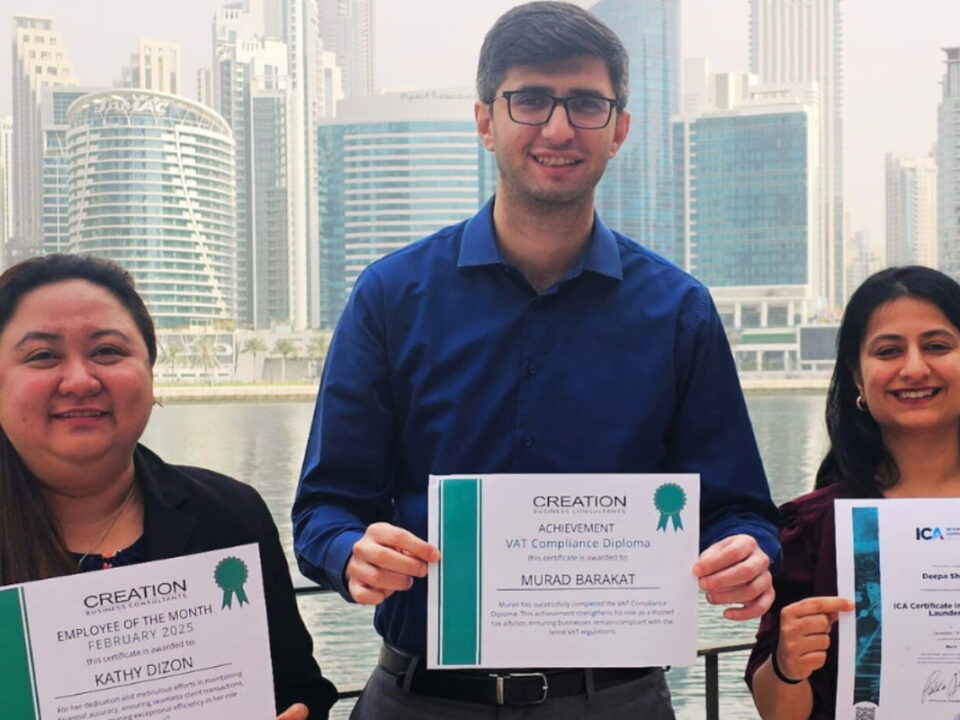It’s tough at the top, rough in the middle, and no fun at the bottom – why are we doing this again?
‘There’s no smoke without fire’ goes the saying, well right now there must be a raging inferno when it comes to our mental health, even, it transpires in the boardroom.
That smoke, that evidence of the fire, is coming thick and fast in the form of research being released on what seems like an almost daily basis.
Take the latest from a health insurance provider, which revealed that more than half of executives in the UAE questioned in a new survey want to quit their jobs over their mental health, as HNWI and C-Suite stress levels soar around the world.
The findings were captured in the latest chapter of the Bupa Global Executive Wellbeing Index took a global view, using insights across markets from the United Kingdom, United States, China, France, United Arab Emirates, Egypt, Singapore, and Hong Kong.
More than half of UAE’s top-level executives – 53 percent plan a major career change in the next year. Maintaining mental health and time with family and friends is a key motivator for UAE top leaders to alter their career choice.
At 94 percent of top management experienced symptoms of poor mental health this year, with 20 percent reaching burnout – yet few have sought professional help.
This latest research from Bupa shows that it is not only rough out there for employees, but it is tough at the top. The recent Cigna Wellbeing 360 report stated that 98 percent of respondents in the UAE had at least one symptom of burnout, these Bupa findings show that the C-suite is far from immune from this.
It’s becoming increasingly clear that the ‘always-on’ hustle culture is good for no-one and delivers only short-term gains at the cost of long-term sustainability. Companies need to realise that we’ve crossed an inflection point, especially in markets such as the UAE where the government is committed to more wellbeing not less.
After the Emirates enshrined work-life balance for the public sector it has already seen the benefits, reporting at Davos decreased presenteeism, decreased absenteeism and increased productivity.
This gels with efforts the UAE government is making to provide more stability and thus more choices for those living in the Emirates, expats included. First came the expansion of the golden visa programme including entrepreneurs, then came the five-year green visas for any professional earning more than Dh15,000 per month with the relevant qualifications.
Throw in increasingly the labor courts looking to protect employees, and then factor unemployment insurance on top, and it all adds up to a government that not only wants to attract the best talent but keep it here in the UAE.
Indeed, just this week, the National’s Felicity Glover reported how Dubai and Abu Dhabi have been ranked as the world’s second and ninth best cities, respectively, for expatriates to live and work based on the high quality of life they offer, according to a new report by global network InterNations. Last year, the survey ranked Dubai in third place and Abu Dhabi in sixteenth.
And, if all this was not enough, the recent Cigna 360 Wellbeing Survey showed that in the UAE that stability is paying off for employees who are moving jobs to find better work life balances. In fact, of the 50 percent last year who said they would quit, four out of every five did so. This year 55 percent said they were looking to move on.
The sooner that C-Suites, especially those in the 20 percent category of being close to acute burnout, take heed the better. For themselves, for their families, for their employees, their shareholders, and their company.
Increasingly employee wellness (and thus talent retention) will be one of the foundation stones for future-facing companies, it is fast becoming the new Environmental, social, and governance (ESG).
Corporations who ignore this are zombies, they are the walking dead and will shuffle to their demise as talent deserts them as do savvy investors.







